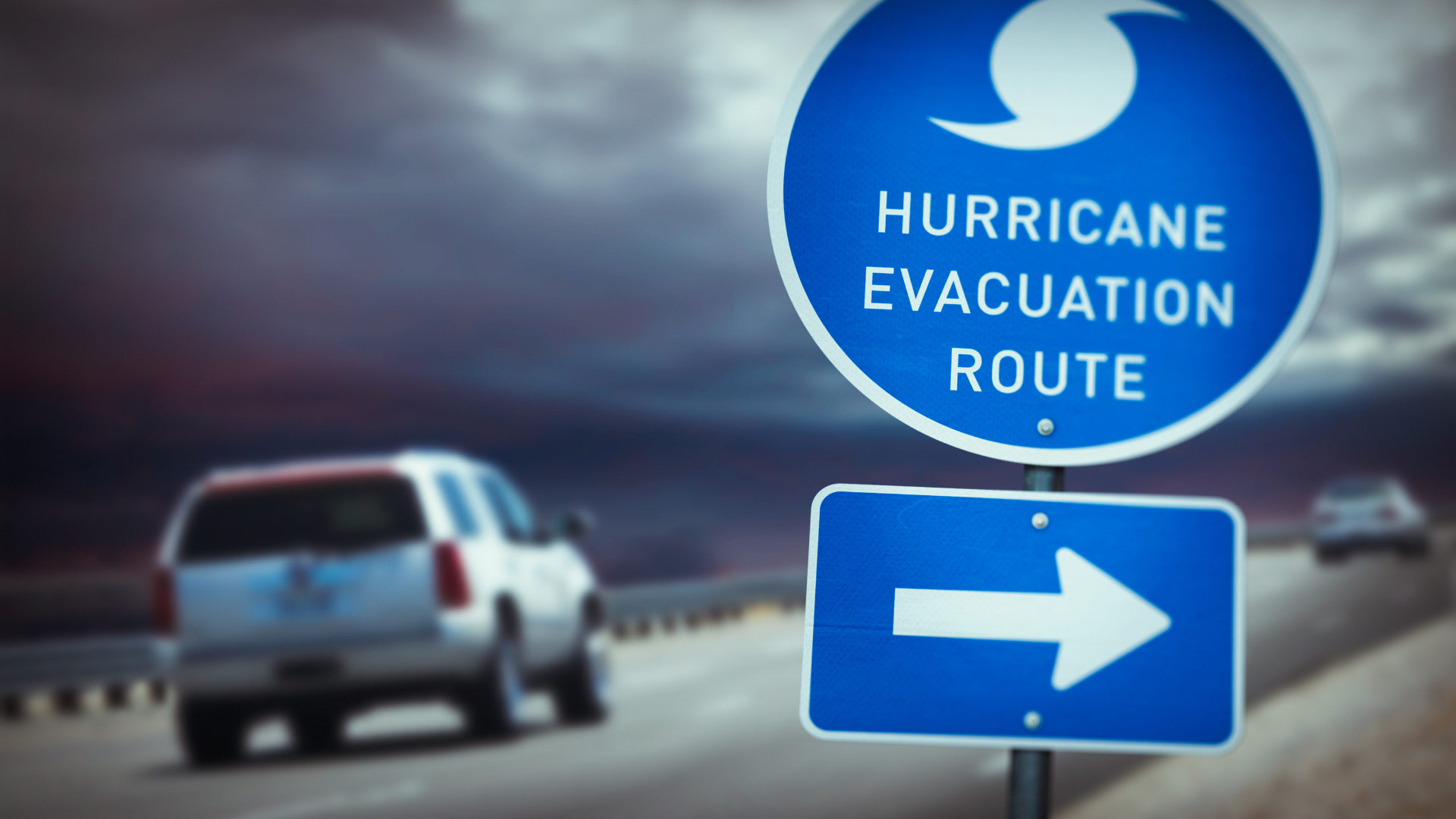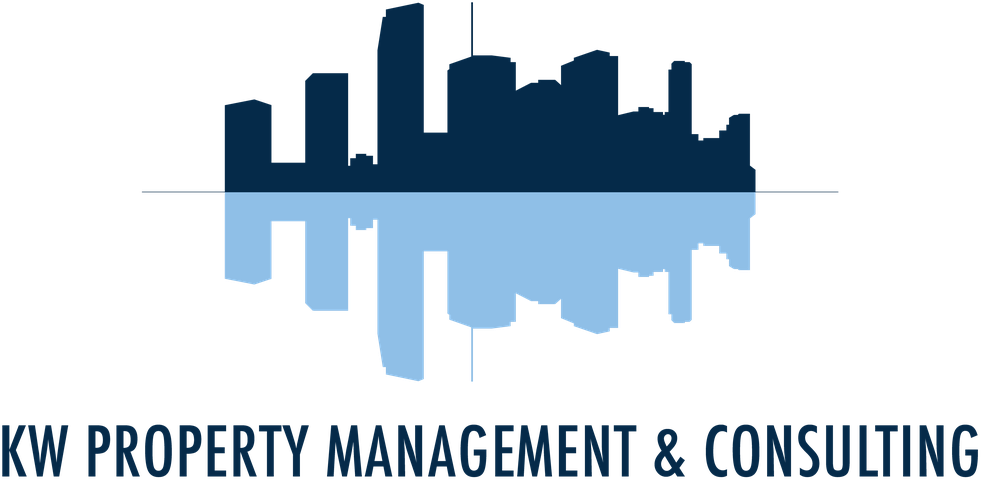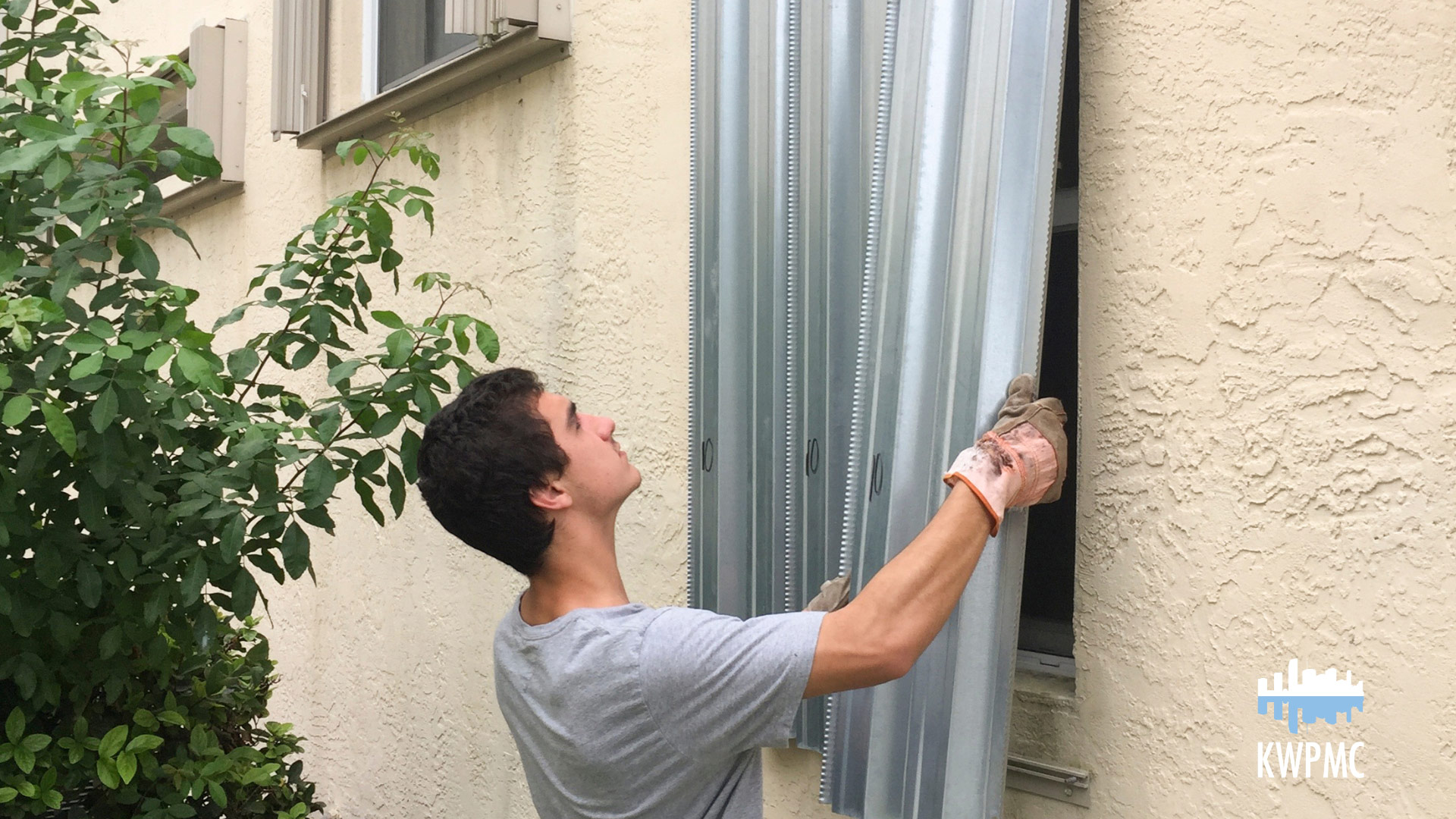
Hey there, property managers! Hurricane season is coming up, and it’s time to make sure your homeowners associations (HOAs) are ready for whatever Mother Nature throws our way. Whether you’re new to association management or have been doing it for years, these hurricane tips for property managers will help you get your community prepared. Let’s dive in and get your neighborhood hurricane-ready!
- Teamwork: Everyone Has a Role
When it comes to getting ready for a hurricane, teamwork is super important. From the front desk staff to board members, everyone in the HOA has a role to play. It’s a good idea to have meetings and discussions before putting the hurricane plan into action. This way, every team member, employee, and resident knows what they need to do when a hurricane hits. By making sure everyone understands their role, we can have a more organized and effective response when the storm comes.
To make teamwork even better, think about having regular training sessions and workshops that focus on hurricane preparedness. These sessions can cover things like emergency procedures, communication plans, and safety measures. Encourage everyone to share their thoughts and ask questions so they feel confident in their roles. Also, creating a hurricane preparedness manual that explains each person’s responsibilities can be a helpful resource during a storm.
- Plan Early: Be Ready Before the Storm
Hurricane season starts on June 1st, so planning early is really important. Dry weather often comes before heavy rains and storms, so it’s smart to plan ahead. By getting ready early, boards can lock in good prices and choose vendors, avoiding higher costs and delays when everyone else is rushing to prepare. Early planning also lets you set up contracts and pricing with vendors beforehand, so you’re not surprised when the storm arrives.
Start by checking out your property and community to see where there might be problems, like areas that flood easily or buildings that might be damaged by strong winds. Use this info to make a hurricane preparedness plan that deals with these risks. Work with local authorities and emergency services to make sure your plan matches up with regional guidelines.
For more info on hurricane preparedness planning, check out resources from the Federal Emergency Management Agency (FEMA).
- Communication: Keep Everyone Informed
When a storm is coming, communication is super important. Keep residents and staff updated as a hurricane approaches. Use information from the city, county, and state to make sure everything is consistent and accurate. Early and frequent updates help residents decide whether to stay or evacuate. Clear communication reduces confusion and makes sure everyone knows what’s expected of them, leading to a safer and more efficient response.
Think about using different ways to communicate, like email alerts, text messages, social media updates, and community bulletin boards. This makes sure everyone gets the info they need, no matter how they prefer to receive it. Have a communication team ready to keep an eye on weather updates and share information with residents and staff.
For tips on effective communication during emergencies, visit the American Red Cross.
- Document Everything: Before and After the Storm
Taking pictures and videos of the property before and after a storm is really important for insurance claims. These can show the extent of damage. Hiring professionals for moisture mapping can help accurately assess water intrusion and damage. This documentation not only helps with recovery but also shows what needs to be improved for future hurricane preparedness.
Make a checklist for pre-storm documentation that includes photographing key areas of the property, like roofs, windows, doors, and landscaping. After the storm, inspect everything and document any damage with detailed notes and images. This info will be super helpful when filing insurance claims and planning repairs.
For guidance on documenting property damage, explore resources from the Insurance Information Institute.
- Take Proactive Steps: Protect Your Property
Check windows and doors to make sure they seal properly and work well. Look at weep holes, which are important for drainage. Also, have a shelter-in-place location and command center in your emergency plan to ensure an organized response during a storm. Taking proactive steps like these can prevent damage and keep residents safe when the winds start howling.
Regular maintenance checks should be done to make sure all building parts are in good condition. Think about getting storm shutters or impact-resistant windows for extra protection. Set up a designated shelter-in-place area with emergency supplies, like food, water, flashlights, and first aid kits.
For more on proactive measures, the National Hurricane Center offers valuable insights.
- Financial Preparedness: Be Ready for Costs
Knowing your deductibles and having emergency funds available is essential. Set up contracts and pricing with vendors beforehand to avoid surprises during a storm. Financial preparedness makes sure you’re ready to handle any unexpected costs that come your way, allowing for a smoother recovery process.
Review your insurance policies to make sure you have enough coverage for hurricane-related damages. Consider setting aside a reserve fund specifically for emergency repairs and recovery efforts. Work with financial advisors to develop a budget that accounts for potential expenses during hurricane season.
For financial preparedness tips, visit the Consumer Financial Protection Bureau.
- Use Committees: Get Everyone Involved
Forming committees to support management teams and vendors during a hurricane can be really helpful. These committees can assist with tasks like accessing units and monitoring work, reducing the need for extra security personnel. Committees bring together residents who want to help, creating a sense of community and shared responsibility.
Encourage residents to volunteer for committees focused on specific aspects of hurricane preparedness, like communication, logistics, and safety. These committees can be valuable resources for coordinating efforts and making sure all tasks are completed efficiently.
For ideas on organizing community committees, explore resources from the Community Associations Institute.
Conclusion: A Comprehensive Approach to Hurricane Preparedness
Getting ready for a hurricane means planning early, communicating effectively, documenting everything, and taking proactive steps. By involving everyone and using available resources, homeowner associations can reduce damage and recover quickly after a storm. As hurricane season approaches, these tips are a valuable guide for property managers looking to protect their properties and communities.
Remember, hurricane season doesn’t have to be scary. With the right preparation and teamwork, your HOA can handle the storm and come out stronger on the other side. Stay safe, stay informed, and let’s make this hurricane season a breeze!
For more resources and information on hurricane preparedness, visit the National Oceanic and Atmospheric Administration (NOAA).

